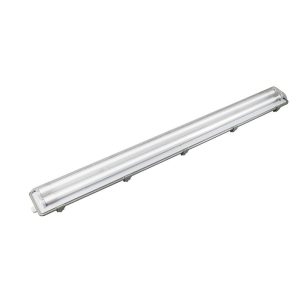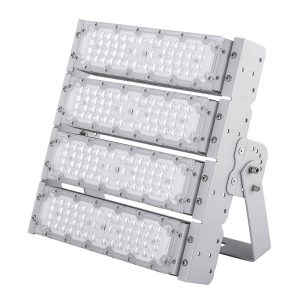High lumen LED diodes have revolutionized the lighting industry, offering a more efficient and versatile lighting solution compared to traditional bulbs. These diodes have become the preferred choice for a wide range of applications, from residential to commercial settings. In this article, we delve into the world of high lumen LED diodes, exploring their technology, applications, advantages, and future trends.
Introduction to High Lumen LED Diodes
High lumen LED diodes are specialized light-emitting diodes that produce a high amount of light output, measured in lumens. Unlike traditional light sources like incandescent or fluorescent bulbs, LED diodes are solid-state devices that convert electrical energy directly into light. The term “high lumen” refers to the brightness of the LED, which is determined by the amount of light it emits.
How High Lumen LED Diodes Work
The working principle of high lumen LED diodes is based on the semiconductor material, typically gallium nitride (GaN), that emits light when an electric current passes through it. This process is known as electroluminescence. The efficiency of the LED is determined by the quality of the semiconductor material and the design of the diode.
The high lumen LED diodes are designed to produce a significant amount of light by using multiple dies, which are tiny LED chips, mounted on a single substrate. These dies are often arranged in an array to maximize the light output. The efficiency of the LED is further enhanced by the use of heat sinks and optical lenses that help in dissipating heat and directing the light.
Applications of High Lumen LED Diodes
High lumen LED diodes are widely used in various applications due to their versatility and efficiency. Some of the key applications include:
– Outdoor Lighting: High lumen LEDs are ideal for outdoor lighting, such as streetlights, parking lots, and billboards. They provide bright, clear illumination while consuming less energy than traditional lighting solutions.
– Industrial Lighting: LED diodes are used in industrial settings for task lighting, machine vision, and general lighting. They offer a longer lifespan and lower maintenance costs compared to traditional lighting.
– Architectural Lighting: High lumen LEDs are increasingly being used in architectural lighting designs to create dynamic and energy-efficient lighting solutions.
– Automotive Lighting: LED diodes are replacing traditional halogen bulbs in automotive headlamps, taillights, and interior lighting due to their brightness, efficiency, and durability.
Advantages of High Lumen LED Diodes
There are several advantages of using high lumen LED diodes over traditional lighting sources:
– Energy Efficiency: LEDs consume significantly less energy than incandescent or fluorescent bulbs, leading to lower electricity bills and reduced carbon emissions.
– Longevity: High lumen LED diodes have a much longer lifespan, typically ranging from 25,000 to 50,000 hours, which means fewer replacements and lower maintenance costs.
– Directional Light Output: LEDs emit light in a specific direction, which reduces the need for diffusers and reflectors, making them more efficient and suitable for various lighting applications.
– Color Temperature Flexibility: LED diodes can produce a wide range of color temperatures, from warm to cool, allowing for customization of the lighting environment.
Challenges and Future Trends
Despite their numerous advantages, high lumen LED diodes face certain challenges, including:
– Cost: The initial cost of high lumen LED lighting solutions can be higher than traditional lighting, although the long-term savings often outweigh the initial investment.
– Heat Management: Efficient heat dissipation is crucial for the performance and lifespan of high lumen LED diodes. Improvements in thermal management are a key area of research and development.
– Light Quality: Ensuring that the light emitted by high lumen LEDs is of high quality, with minimal glare and uniformity, is essential for optimal lighting performance.
Looking ahead, the future of high lumen LED diodes is promising. Some of the key trends include:
– Increased Efficiency: Continuous advancements in semiconductor technology are expected to increase the efficiency of high lumen LED diodes, making them even more energy-efficient.
– Cost Reduction: As the technology matures and production scales up, the cost of high lumen LED lighting solutions is expected to decrease, making them more accessible to a broader market.
– Innovation in Design: New designs and configurations of high lumen LED diodes are being developed to cater to specific lighting needs, such as smart lighting systems that can be controlled remotely.
In conclusion, high lumen LED diodes have become a cornerstone of the lighting industry, offering a sustainable and efficient alternative to traditional lighting solutions. As technology continues to evolve, the future of high lumen LED diodes looks bright, with numerous opportunities for innovation and improvement.













Explore More from Queendom Lamp
Stay updated with the latest LED technology, lighting solutions, and industry insights.
Request a Quote About Queendom